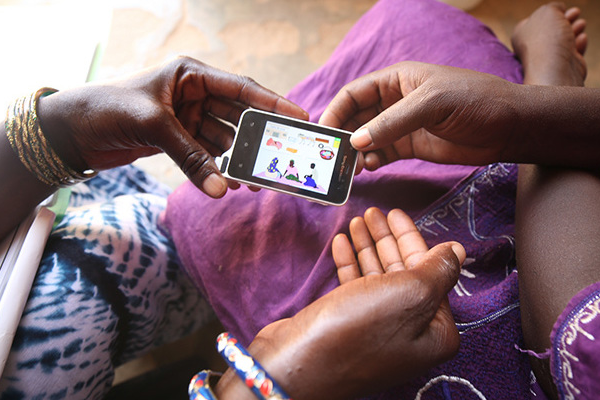 How can ICT4D improve healthcare in developing countries?
How can ICT4D improve healthcare in developing countries?
There are many ways in which ICT4D (Information and Communication Technologies for Development) can improve healthcare in developing countries. Some examples include:
- Telemedicine: ICTs can be used to connect healthcare providers in remote or underserved areas with specialists in urban centers, allowing for the delivery of high-quality medical care to people who might otherwise not have access to it.
- Health information systems: ICTs can be used to create and maintain electronic health records, which can improve the accuracy and efficiency of healthcare delivery and reduce the risk of medical errors.
- Disease surveillance and outbreak response: ICTs can be used to track and monitor the spread of diseases, allowing for more effective and timely responses to outbreaks.
- Public health campaigns: ICTs can be used to deliver health education and information to large populations through social media, mobile apps, and other digital platforms, helping to raise awareness about health issues and promote healthy behaviors.
- Supply chain management: ICTs can be used to improve the management of medical supplies, ensuring that they are delivered to the right place at the right time, and helping to prevent shortages and wastage.
Overall, the use of ICTs in healthcare can help to improve access to care, quality of care, and the efficiency of healthcare delivery in developing countries, ultimately leading to better health outcomes for the populations served.
Read More About ICT4D in Healthcare Below
WHO Guidance: Ethics and Governance of Artificial Intelligence for Health
WHO recognizes that Artificial Intelligence (AI) holds great promise for the practice of public health and medicine. WHO also recognizes that, to fully reap the...
What is the DALY Cost-Effectiveness of mHealth CVD Programs?
Cardiovascular diseases (CVD) are the leading cause of death in Indonesia, and there are large disparities in access to recommended preventative treatments across...
How to Improve Human Resource Information Systems for Health
Amidst the COVID-19 pandemic and the WHO’s Year of the Health and Care Worker, the importance of the health workforce has never been more apparent. However, many...
How to Explain Data Standards and Interoperability in Digital Health
Phases like data interoperability, open standards, and health information exchange are often used in digital health, but like many hype cycle buzzwords, there...
Apply Now: 600,000€ for African Health and Well-Being Innovations
Healthcare systems face multiple challenges across the African continent. Staffing, equipment, infrastructure, data, and services need new innovations in design,...
Apply Now: $100,000 for PEPFAR PLHIV Client Segmentation Analysis
The global health community traditionally relies on qualitative and quantitative formative research to address key questions related to services that support people...
Please Submit Your Session Ideas for Global Digital Health Forum 2021
Please submit your session ideas for the 2021 virtual Global Digital Health Forum by September 17, 2021.
The Global Digital Health Forum will be an online virtual...
UNDP Wants Your Input on How to Use Telehealth Solutions Successfully
The COVID-19 pandemic has placed health systems under significant strain over the past 18 months, highlighting the importance of innovative models of healthcare...
We Need to Go All In on FHIR for Digital Health
When I first heard of HL7 FHIR (Fast Healthcare Interoperability Resource), I think, like most, l understood its application as a data exchange standard with promises...
5 Methods for Decentering Digital Health in International Development
The use of digital health is not uniform across the world. In international cooperation, respectful engagement starts with ‘how we talk about digital health’....











